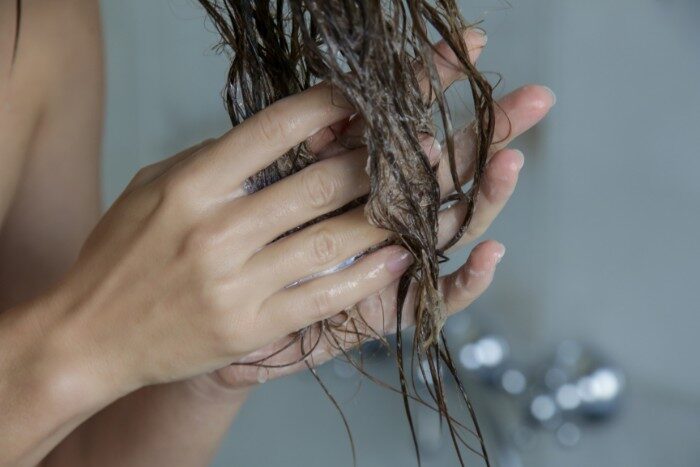
We all understand how water plays a vital role in our daily lives. But have you ever stopped to think about the difference between hard and soft water, particularly the impact each can have on your hair? Water softening and purification aren’t just for taste and appliance longevity—they can also directly affect your hair’s health and appearance.
Hard and soft water are defined by the minerals they contain. In general, areas like the Southwest tend to have hard water, while the East Coast and Hawaii lean toward softer water sources. Let’s break down the effects of both on your hair.
The Effects of Soft Water on Hair
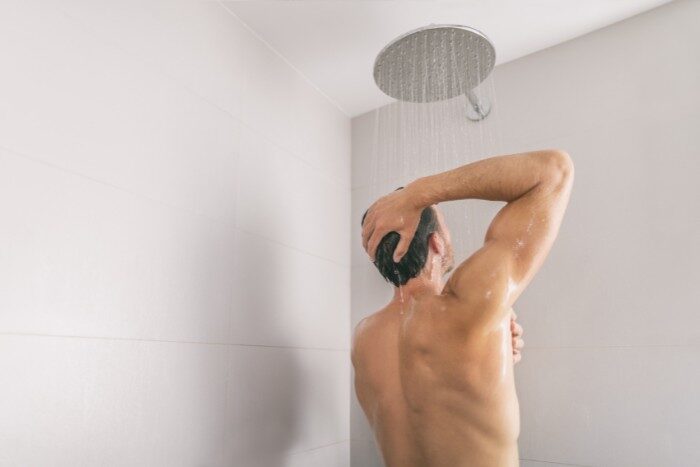
Soft water can either occur naturally or be produced by a treatment system designed to remove mineral deposits, resulting in de-ionized water. While both hard and soft water are generally safe for drinking and hygiene, soft water offers noticeable benefits for your skin and hair.
Imagine stepping out of the shower and not having to slather on layers of lotion to combat dry skin or use an excessive amount of conditioner to keep your hair smooth. With soft water, these extra steps often aren’t necessary.
Pros of Soft Water on Hair
- De-ionized soft water helps moisturize both hair and skin, leaving them feeling softer and smoother.
- It reduces soap and shampoo residue, meaning products rinse out more easily, leaving hair cleaner and less prone to buildup.
Cons of Soft Water on Hair
- For some, soft water can leave hair feeling a bit limp or greasy, especially for those with fine or thin hair. It may also reduce the effectiveness of volumizing shampoos or styling products.
- While not as damaging as hard water, soft water might require hair care adjustments for optimal results.
The Effects of Hard Water on Hair
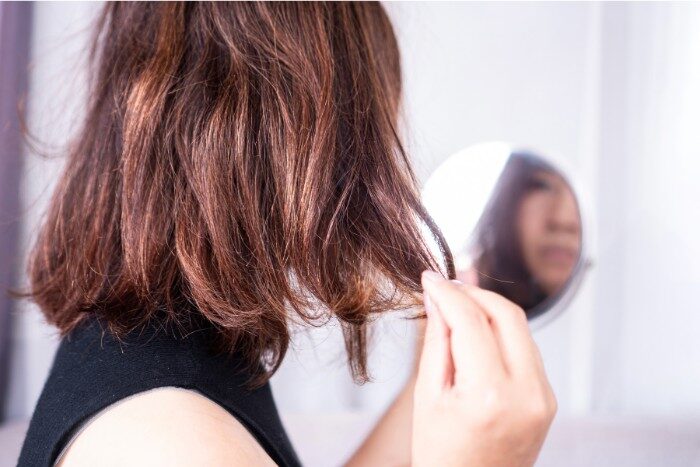
Hard water is rich in mineral deposits like calcium and magnesium. While this might sound negative, it’s not inherently harmful and even provides essential minerals for hair and skin health. However, excess minerals can be problematic. Without treatment, such as water conditioning and purification, hard water may cause issues.
For some individuals, hard water can leave hair feeling dry, brittle, and lifeless, the dreaded “three D’s” (Dry, Damaged, and Dull). This often occurs when hair hasn’t adjusted to the mineral-rich environment.
Pros of Hard Water on Hair
- Certain minerals found in hard water are beneficial for overall health, contributing essential nutrients for hair and skin.
- For those whose hair adapts well, hard water might not cause noticeable issues.
Cons of Hard Water on Hair
- Frequent exposure to hard water can result in split ends, dryness, and increased brittleness, particularly for those with color-treated hair or sensitive skin.
- Hard water can also leave a residue on hair, making it difficult for shampoos and conditioners to work effectively.
Why Some People Can’t Tell the Difference
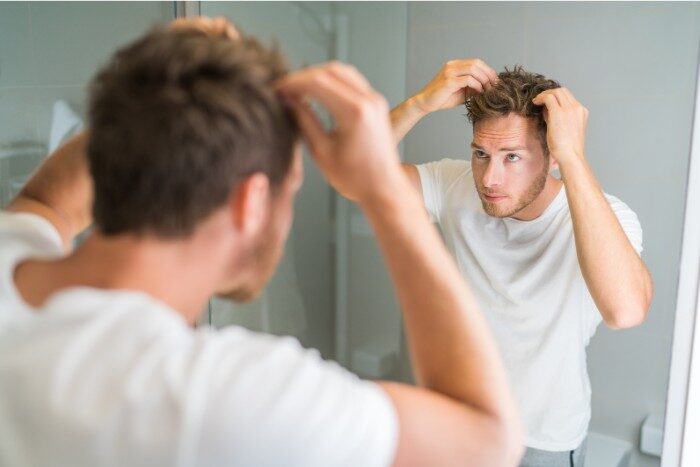
Interestingly, some people claim they can’t tell whether their hair is exposed to hard or soft water. This can depend on factors like hair type, products used, and individual sensitivity. However, subtle signs, like hair feeling less manageable, looking duller, or developing more split ends, might indicate that water filtration and softening could be beneficial.
Your Choice Matters
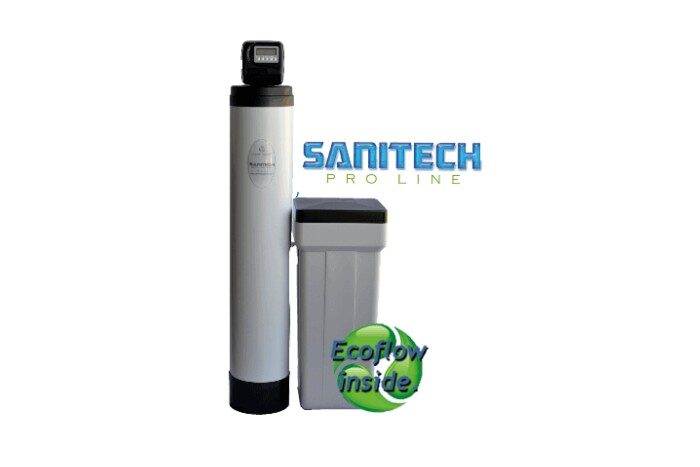
At Clear Water Concepts, we understand that the decision between hard and soft water for your hair ultimately depends on your unique needs and preferences. While water softeners and water purifiers can transform your water quality, it’s essential to choose the right solution for your home and lifestyle.
Whether you opt for a whole-house water softener, a reverse osmosis purifier, or a combination system, the goal is to achieve the best possible water quality for both you and your home.
Practical Steps to Protect Your Hair—No Matter the Water Type
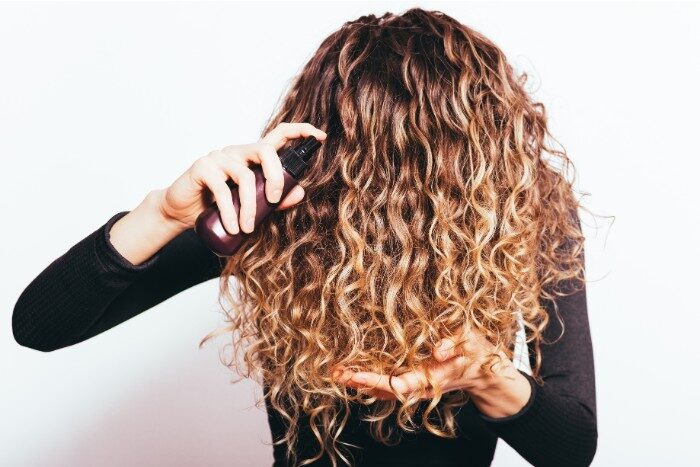
Regardless of whether you’re dealing with hard or soft water, there are steps you can take to protect your hair’s health:
- Consider installing a water treatment system, like a water softener or purifier, to optimize your home’s water supply.
- Use clarifying shampoos periodically to remove mineral buildup from hard water.
- Moisturize your hair regularly, especially if you notice dryness or brittleness.
- Experiment with different hair care products to find what works best with your specific water type.
Hard Water vs Soft Water on Hair
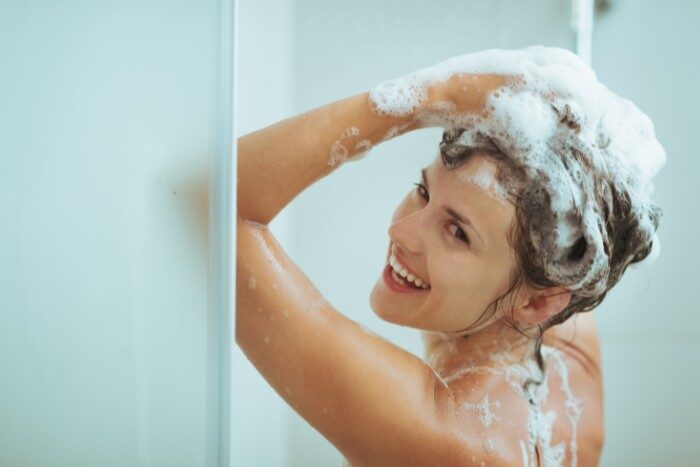
The debate between hard and soft water and its effect on hair health is an ongoing one. However, understanding the difference between a water softener and a water purifier, and knowing when to invest in water conditioning and purification, can help you make an informed decision.

If you’re tired of battling with dry hair, split ends, or lifeless locks, it might be time to explore options for water filtration and softening. Whether you’re asking, “Is purified water soft water?” or wondering, “Is purified water hard or soft?”, Clear Water Concepts is here to help you navigate the choices for your home.


